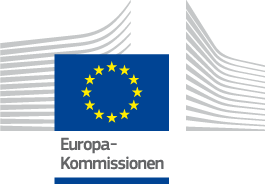Pillio FLAG is looking for partners from Cyprus, Italy, Malta, Spain, Portugal and France to create a transnational organisation (AKTES). The purpose of the organisation is the development and implementation a transnational quality agreement (pact) joining tourism stakeholders under a common strategy. The strategy aims to guarantee a minimum quality for products and services; improving the tourist offer of those areas; mitigating seasonality; and encouraging better incomes and working conditions for local communities in coastal areas.

